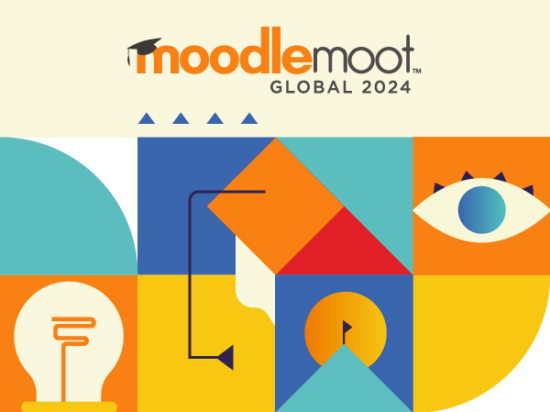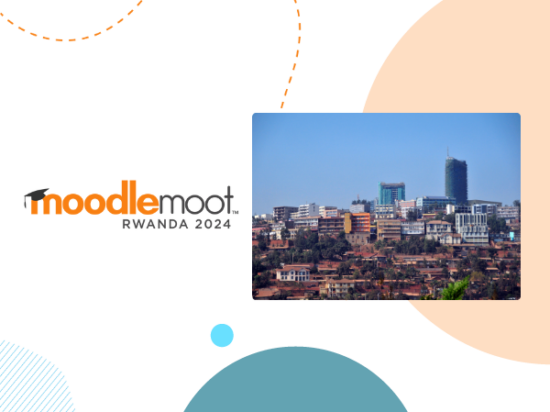Last month we talked about Moodle’s involvement in the Google Summer of Code (GSoc) project for the 11th year!
In an interview with a Moodle HQ developer and GSoC mentor, we got an insight into what is GSoC all about, why Moodle has been involved for so many years and what’s the process of choosing the right projects for our involvement with the program.
After a number of submissions, we are excited to announce the project and participant we will mentor for Google Summer of Code 2017.
Today we talk to Juan Leyva, MoodleMobile Team Leader and GSoC mentor, to get the details on the chosen project and what’s next!
Moodle HQ: Thanks for talking to us Juan!
In an earlier post we did, Moodle HQ developer, David Mudrak, outlined the process for choosing a project for our involvement in the Google Summer of Code program. Moodle has recently chosen a project for this.
Can you tell us a bit about the chosen project – what it is, who are involved and why it was chosen?
Juan: The chosen project name for this year’s Google Summer of Code program with Moodle is “Improve End-to-End Testing in the Mobile App.”
The project might sound very technical, and to summarise, the project is all about improving the way we test the Moodle Mobile App during development and before each new release.
We will be using a solution provided by SauceLabs to perform automatic tests in real mobile devices. The chosen participant, Diwakar Moturu, will also create new automatic tests.
Congratulations Diwakar on being selected for this year’s program with Moodle. We all look forward to working with you on this project.
Moodle HQ: Now that the project and participant have been selected, what is the next step in this project?
Juan: We are now in the community bonding period and one of the goals of this period is to get familiar with the project documentation and the Moodle community itself.
We also particularly need to get to know the tools we use to communicate and collaborate during the Moodle development like Moodle.org forums, GIT and the Moodle tracker.
After the community bonding period, the development work will begin and it will be supervised by the Mentor.
Moodle HQ: What do you hope the participant will gain from being selected to work with Moodle on the GSoC project?
And how do you see the project benefiting Moodle’s open source project?
Juan: Our chosen participant for GSoC, Diwakar, will get a real taste of open source projects. Through the project he will get the opportunity to understand the dynamics of developing professional open source software with a development team distributed around the globe.
He will also gain experience with the tools and technologies he will be using as part of this project.
The main benefit for Moodle will be the project outcome: it will improve our testing process.
Another benefit will be that the Moodle Mobile team will get feedback from Diwakar and the project during all the phases of the GSoC so we’ll be able to improve our “getting started” documentation and processes.
Moodle HQ: Lastly, how can the Moodle community still get involved during the course of this project or how can they stay up to date with the progress of the project?
Juan: All the communication in regards to this project will be public, true to Moodle’s open source way.
We will be posting regularly in the GSOC course in dev.moodle.org and those forums are open to any anyone to participate in, make comments, ask questions and more.
Also, as part of the project, our GSoC participants have always created several blog posts in their blog and Diwakar will do the same to describe the complete process from his point of view. We will share Diwakar’s blog posts when it becomes available.
Thank you for taking the time to talk with us today Juan and congratulations again to Diwakar Moturu for being a part of Moodle’s Google Summer of Code project 2017!
Good luck and we look forward to seeing the progress of your exciting project.
Find out more about Moodle’s previous involvement with Google Summer of Code.
Stay updated with all Moodle and Google Summer of Code updates and information by following Moodle on Twitter or liking Moodle on Facebook.



